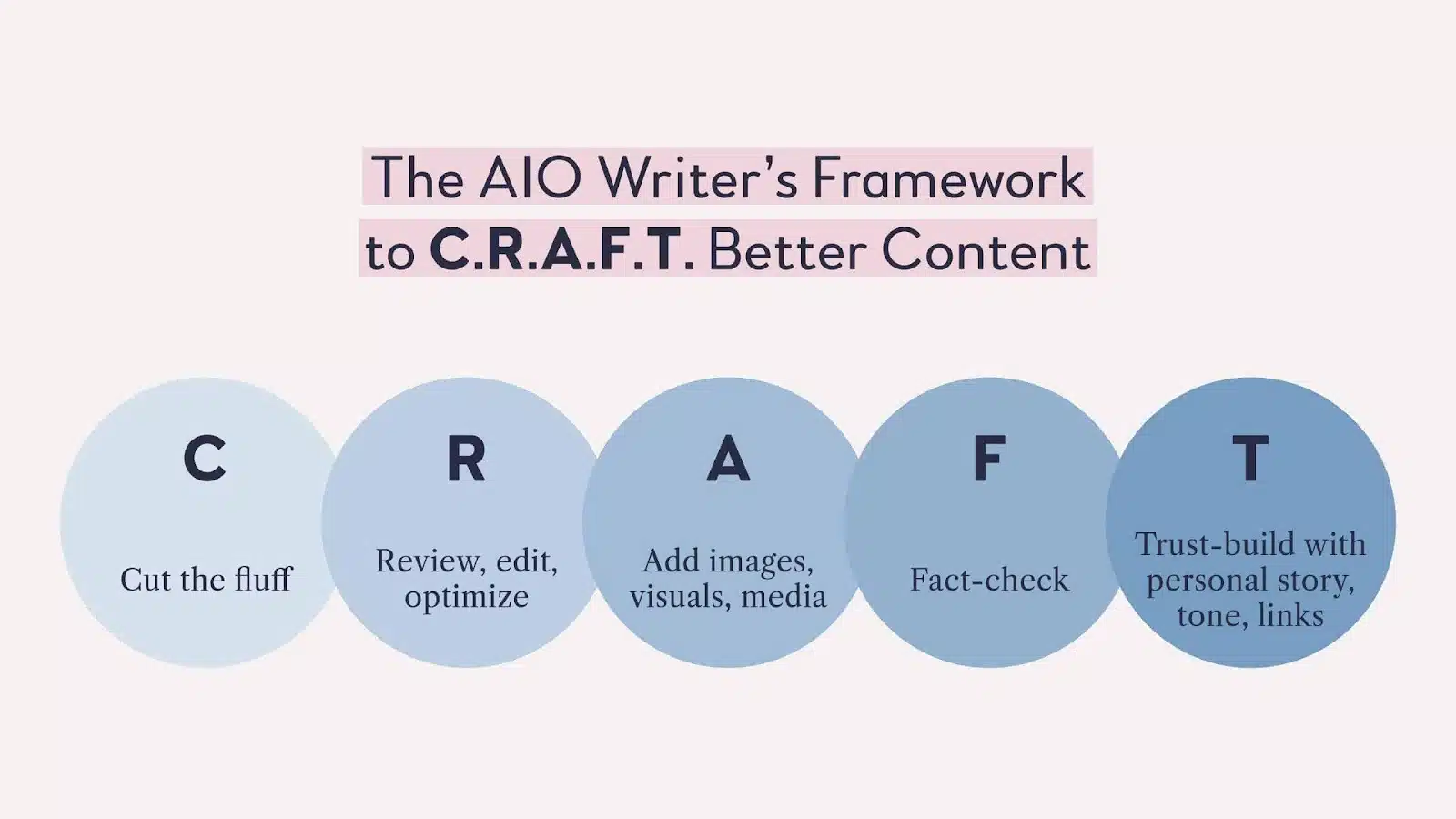
The Evolution of Search Engines with AI
Advanced AI agents are fundamentally transforming how search engines retrieve and rank information. Traditionally, search algorithms relied heavily on keyword matching and basic ranking systems. However, the advent of artificial intelligence (AI) technologies, particularly machine learning and natural language processing (NLP), has allowed search engines to evolve significantly. AI agents can now analyze vast datasets, learning from user interactions to enhance the accuracy and relevance of search results. This shift is enabling search engines to provide a more intuitive and user-centric experience by understanding complex queries and the context behind user searches better than ever before[2][5].
Personalization and Context Understanding

One of the key improvements AI brings to search engines is personalization. AI agents customize search results based on individual user preferences, behavior, and historical data. This personalization ensures that when users input a query, the search engine responds with results tailored to their specific needs, which is crucial in today’s environment of information overload. By analyzing patterns in user activity, AI can filter relevant information from the vast amount of data available, thus speeding up the time it takes for users to find the information they need[2][10].
Furthermore, AI's ability to comprehend the intent behind search queries is particularly notable. Recent advancements have led to algorithms that can decipher a user's intent beyond simple keyword matching. For example, AI agents can understand the nuances of natural language, allowing them to respond accurately to conversational queries that traditional search systems might struggle with[4][6]. This capability not only enhances user satisfaction but also significantly impacts how content is created and optimized for search engines.
Advanced AI Techniques in Search

AI's impact on search engine technology includes several advanced techniques. Specifically, systems like Google’s RankBrain, BERT, and the recent MUM (Multitask Unified Model) exemplify how AI enables search engines to understand the relationships between words and concepts, improving the relevance of results[2][5]. RankBrain, for instance, helps search engines comprehend its implications by recognizing how terms relate to broader concepts, leading to more intuitive results for complex queries[7].
Moreover, the implementation of neural matching technologies allows search engines to analyze entire queries rather than relying solely on individual keywords. This method enhances the retrieval process by understanding user contexts more effectively. For example, if a user searches for nuanced terms or phrases, AI algorithms can generate results that better align with users' search intents—often preemptively fulfilling user needs before they articulate them clearly[3][8].
Enhancing Content Quality and Relevance

The integration of AI in search engines has also led to a shift in the importance placed on content quality and relevance. As algorithms become more sophisticated, they prioritize comprehensive, well-articulated answers that genuinely assist users[11]. For content creators, this means that the focus cannot solely rest on keyword density; instead, it must shift towards delivering meaningful insights and information that align with user queries.
AI tools are now being used to analyze existing content, providing recommendations on how to improve its structure and word choice to enhance search engine friendliness. By utilizing AI for content strategy—such as optimizing meta descriptions and title tags or suggesting relevant keywords—businesses can significantly increase their chances of ranking well in search results[10][11]. For instance, AI can propose specific areas for improvement in language style, content structure, and even tone, ensuring that the material resonates well with both algorithms and human readers.
The Future of Search with Generative AI
Generative AI platforms like Google’s Search Generative Experience and new features such as 'Circle to Search' fundamentally alter user interaction with search engines, allowing for more visual and interactive queries. These tools empower users to present queries seamlessly through natural gestures and text, significantly enhancing the search experience. AI aids in contextualizing searches by analyzing both visual and textual data inputs, enabling users to derive complex information more efficiently[8][9].
As AI continues to evolve, its ability to provide dynamic responses, enhanced user engagement, and personalized experiences in search engines will only grow stronger. For content marketers and SEO professionals, this means that understanding and adapting to these AI-driven changes is imperative for success in ensuring visibility in an increasingly competitive digital marketplace.
In conclusion, advanced AI agents are revolutionizing search engine results by enhancing personalization, content relevance, and user engagement, thereby transforming how information is retrieved and consumed. As the technology continues to advance, its implications for content creation and digital marketing strategies will be profound, requiring ongoing adaptation and innovation. By leveraging these technologies, businesses can ensure they remain competitive in the evolving landscape of search and information retrieval.
Get more accurate answers with Super Pandi, upload files, personalized discovery feed, save searches and contribute to the PandiPedia.
Let's look at alternatives:
- Modify the query.
- Start a new thread.
- Remove sources (if manually added).